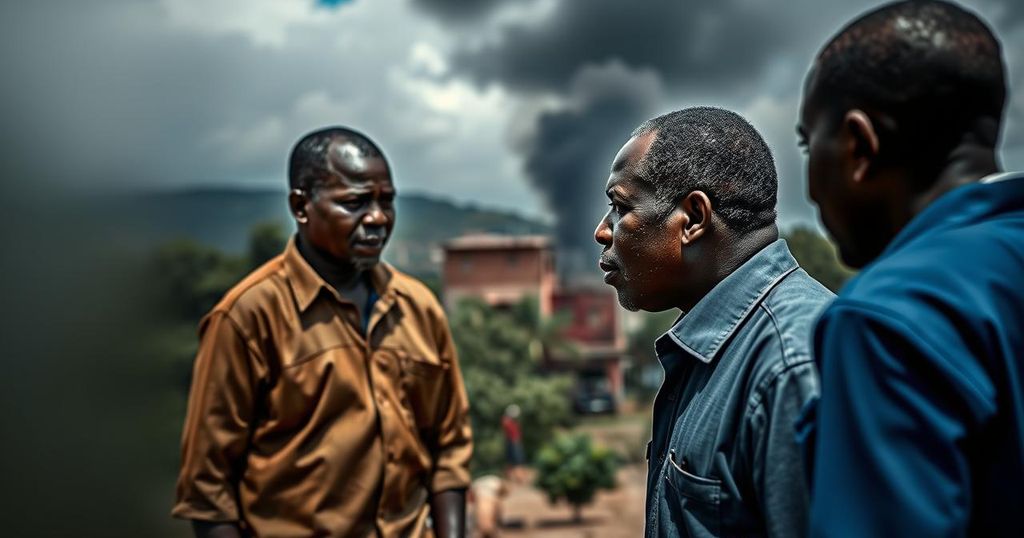Standoff Erupts in Haiti’s Government Over Foreign Minister’s Dismissal
A standoff within Haiti’s Transitional Presidential Council has arisen over the demand to dismiss Foreign Minister Dominique Dupuy, who has taken a strong stance against the Dominican Republic’s deportation practices. Prime Minister Garry Conille has resisted these demands, insisting on Dupuy’s value to the nation, setting the stage for ongoing tensions within the transitional government.
Tensions within Haiti’s Transitional Presidential Council have escalated as council members demand the removal of Foreign Minister Dominique Dupuy due to her strong stance on the Dominican Republic’s mass deportations of Haitians. This conflict has emerged after council members expressed a lack of trust in Dupuy and requested Prime Minister Garry Conille to dismiss her. Conille has resisted these demands, leading to a stalemate with council members threatening to boycott upcoming meetings until their demands are met. During a council session, President Leslie Voltaire asserted that they possess the necessary votes to oust Dupuy, emphasizing their commitment to this decision, which they labeled a matter of trust and national interest. In response, Prime Minister Conille defended Dupuy’s performance, highlighting her successes in securing military aid and international support, stating, “she has done an incredible job for Haiti.” Despite the pressure, Dupuy remains determined, stating she is open to collaboration for the welfare of the Haitian populace. The ongoing dispute also raises questions regarding the authority within Haiti’s government, as the absence of a sitting parliament complicates the mechanism for ministerial dismissal. This is further compounded by the lack of clarity on whether the prime minister or the president should dictate foreign policy, particularly in light of the differing memos issued on Haiti’s relations with the Dominican Republic.
The political climate in Haiti is notably unstable following significant humanitarian crises and social unrest. The government, which relies on a transitional model, struggles with internal power dynamics exacerbated by the absence of a formal parliament. This results in tensions among appointed council members, particularly regarding foreign policy and diplomatic relations with neighboring countries, such as the Dominican Republic, which has recently faced criticism for its treatment of Haitian nationals.
The situation in Haiti underscores a pivotal moment for its transitional government as it grapples with both internal power struggles and external diplomatic challenges. The refusal of Prime Minister Garry Conille to accede to the demands of the council reflects deeper issues of governance and authority within a framework already fraught with political complexity. As the crisis evolves, Haiti’s leadership must navigate these challenges while striving to protect the rights and dignity of its citizens.
Original Source: www.miamiherald.com




Post Comment